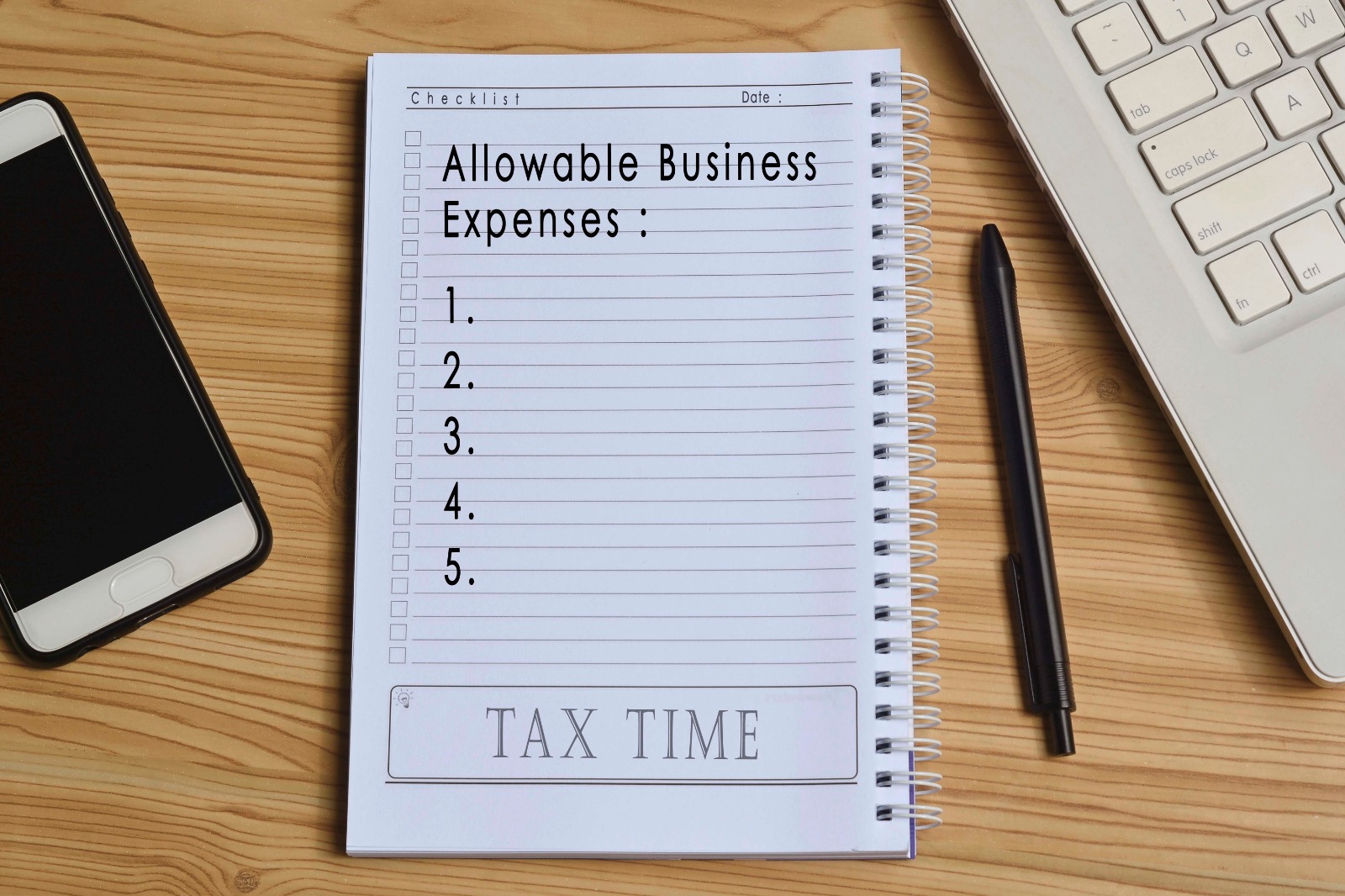Two or more Taxable Persons who meet certain conditions (see below) can apply to form a “Tax Group†and be treated as a single Taxable Person for Corporate Tax purposes.
To form a Tax Group, both the parent company and its subsidiaries must be resident juridical persons, have the same Financial Year and prepare their financial statements using the same accounting standards.
Additionally, to form a Tax Group, the parent company must:
- own at least 95% of the share capital of the subsidiary.
- hold at least 95% of the voting rights in the subsidiary; and
- is entitled to at least 95% of the subsidiary’s profits and net assets.
The ownership, rights and entitlement can be held either directly or indirectly through subsidiaries, but a Tax Group cannot include an Exempt Person or Qualifying Free Zone Person.
To determine the Taxable Income of a Tax Group, the parent company must prepare consolidated financial accounts covering each subsidiary that is a member of the Tax Group for the relevant Tax Period. Transactions between the parent company and each group member and transactions between the group members would be eliminated for the purposes of calculating the Taxable Income of the Tax Group.







